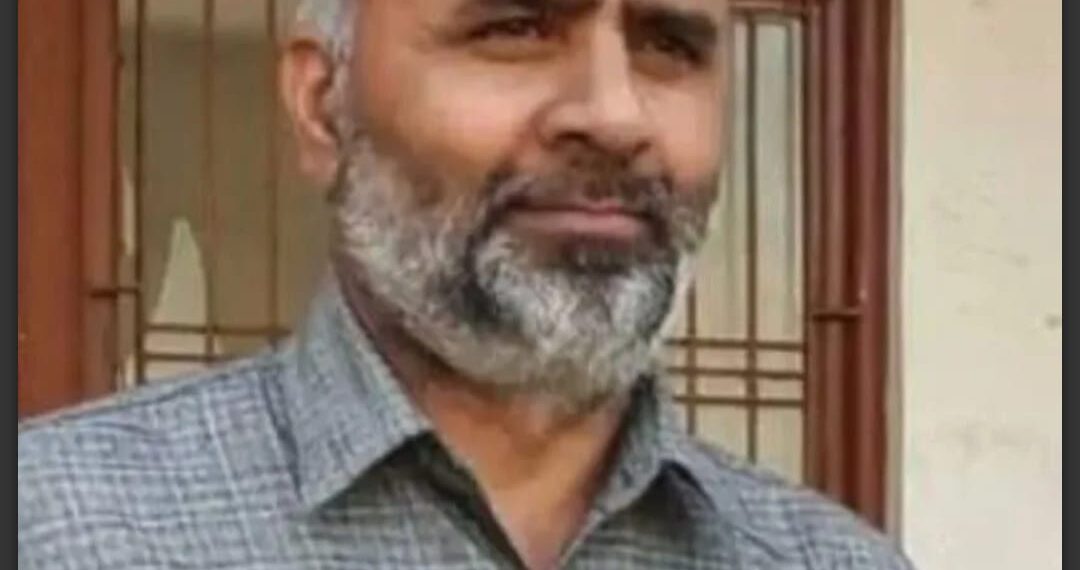As competition intensifies in the education sector, teachers are now expected to go beyond simply delivering lectures in classrooms. They must become “academic doctors,” equipped to diagnose and address students’ learning challenges with insight and precision. This article explores how education officers play a crucial role in supporting teachers’ professional growth, enabling them to become truly effective educators.
*The Need for Diagnostic Skills*
In today’s classrooms, effective teaching means more than covering the syllabus; it means understanding each student’s comprehension level. Teachers must develop diagnostic skills to assess why students may struggle—whether due to gaps in preparation, ineffective presentation, or foundational misunderstandings. By identifying these root causes, teachers can adjust their methods to meet the needs of every learner.
*Fostering an Engaging Learning Environment*
Creating curiosity and a desire for knowledge in students is a primary objective for modern educators. To achieve this, teachers must inspire an environment that supports active learning, making students eager to explore and understand. This approach can only thrive in a supportive educational setting where students feel encouraged, and teachers find joy in their role.
*Applying Professional Skills from B.Ed. Training*
The skills acquired during teacher training, especially in areas such as school management and educational research, are crucial in enhancing instructional quality. Teachers should actively employ these competencies to improve their teaching methods. Education officers play a critical role in helping teachers apply these skills effectively, ensuring that they continue to grow and develop in their roles.
*Setting High Standards and Goals*
Setting ambitious yet achievable goals is essential for teachers, motivating them to constantly refine their approaches. By aiming to produce skilled and intelligent students who contribute meaningfully to society, teachers are inspired to push the boundaries of traditional teaching methods. Here, officers can foster a mindset of continuous improvement by encouraging teachers to maintain high standards in their work.
*The Supportive Role of Principals and Education Officers*
School leaders—principals, headmasters, and Zonal Education Officers—are indispensable in enhancing teachers’ professional competence. They must actively work to build teachers’ skills, collaboration, and morale. This leadership is vital for helping teachers prepare a generation of students who are ready to take on meaningful roles in society.
*A Commitment to Continuous Improvement*
To meet the demands of the National Education Policy 2020, teachers must not only remain knowledgeable but also innovative, adapting to new teaching tools such as ICT labs and smart boards. The policy envisions teachers who are digitally skilled and familiar with modern technology. It is the responsibility of education officers to guide teachers, providing them with the resources and training they need to meet these evolving expectations.
*Conclusion*
For teachers to inspire and educate effectively, they must be equipped with the tools and guidance to succeed. Education officers play a critical role in this process, supporting teachers in their journey toward excellence. By fostering a culture of integrity, dedication, and accountability, these officers help shape the future of education and contribute to building a nation of well-prepared and capable individuals.


